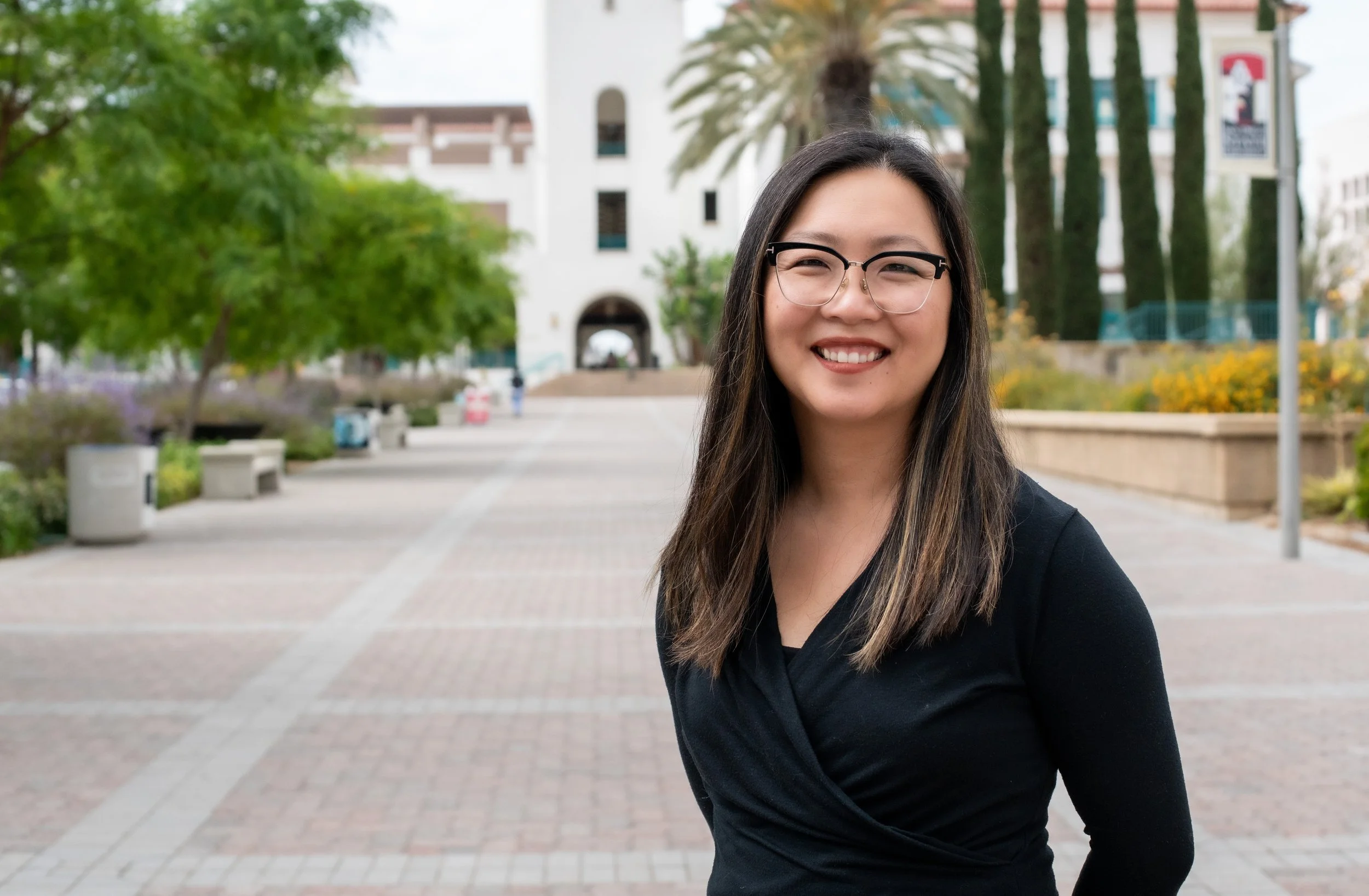Anti-Oppressive Education as the Norm
I am a community psychologist teaching in a multicultural community counseling program. My teaching focuses on training future therapists to work with organizations and communities with the same empathy, social justice, and multiculturalism that they are trained to do with their therapeutic clients. My primary goal as a teacher is to provide students with knowledge and skills that they can use to understand and remedy
social injustice and inequity, particularly in educational, work, and counseling settings. I do this by working in community with my students, co-constructing the learning environment, and being out in the community working alongside them.
I also identify as an anti-oppressive educator (Kumashiro, 2000). My primary goal is to facilitate students’ critical awareness of social injustice, inequity, and privilege. In this way, they will be critical consumers of research and information and push themselves to understand beyond what is presented in front of them. This critical awareness of themselves and the world they live and work in expands their perspectives and context, making them multiculturally competent counselors and psychologists. This starts with building self-awareness by encouraging students to understand how they have been and are privileged and to understand how these same social identities may expose them to disadvantages.
I have found that the best way to develop a critical awareness of social injustice and privilege is through experiential learning. Therefore, I integrate learning outside of the classroom and through doing within the classroom as much as possible. Psychology that only lives in the classroom does not stay with students (Kolb, 1984). Students must see, feel, and practice psychology to best understand and appreciate its complexity. This is especially true for students to best understand the complexity of social justice, inequity, and privilege. I encourage my students to build community among themselves and to understand their own local communities, often allowing them to define “their community” for themselves. For some, it is a space within the university such as their cohort, a club, or student organization. For others, it is a local organization or a community group.
I am particularly passionate about working with underserved student populations, especially students of color. I work to create inclusive educational environments that promote knowledge from and about communities of color, particularly that which challenges the conventional wisdom that continues to oppress these communities.
You can hear more about my mentoring and work with students on YouTube and TikTok (@DrNellie)
